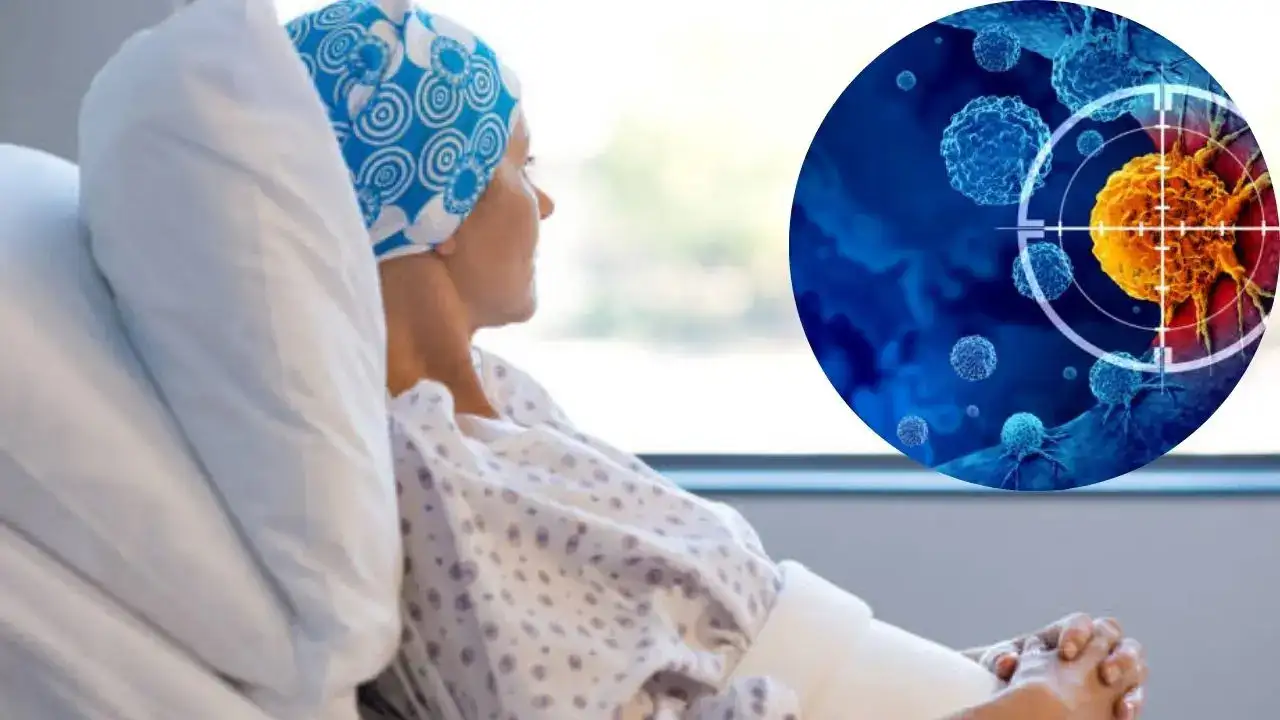
Those receiving dostarlimab in phase 2 trials saw their tumours disappear entirely
A clinical trial at Memorial Sloan Kettering Cancer Center (MSK) in New York has shown breakthrough results with a new drug that can treat cancer without the need for other treatments like surgery and chemotherapy. According to the scientists, those receiving dostarlimab, an immunotherapy drug, in phase 2 trials saw their tumours disappear entirely.
The results, shared at the 2025 Annual Meeting of the American Association for Cancer Research and published in the New England Journal of Medicine, could mark a paradigm shift in how certain cancers are treated.
How was the trial conducted?
Led by gastrointestinal oncologists Dr. Andrea Cercek and Dr. Luis Diaz Jr. at MSK, the trial enrolled 103 men and women with early to locally advanced cancers, which included rectal, colon, esophageal, liver, urinary, and gynecologic tumours.
Scientists said all the participants had one common thing - a genetic signature known as mismatch repair deficiency, or MMa kind of mutation that makes tumours more prone to DNA copying errors. And since they are also more visible to your body's immune system, it makes them ideal targets for checkpoint inhibitors like dostarlimab, which is sold under the brand name Jemperli.
Checkpoint inhibitors work by taking the brakes off the immune system, allowing it to spot and destroy cancer cells that usually hide in plain sight.
What were the results of the trial?
Scientists said the most striking results came after 48 of the participants, who had rectal cancer, had a complete response - meaning their tumours disappeared totally. Among the other 54 patients with cancers in different organs, 35 also experienced total remission.
Of the 84 patients, at least 82 who went into remission were able to avoid surgery altogether. "This study shows that immunotherapy can replace surgery, radiation, and chemotherapy for mismatch repair-deficient solid tumours, which could help patients preserve their organs and avoid the harsh side effects of chemo and radiation," said Dr. Cercek.
Cancer treatment always involves surgery, chemotherapy, radiotherapy, and many others as standard treatments for many tumours, especially those in the digestive and reproductive systems.
Even though they are effective for most patients, side effects are aplenty—which include pain, fatigue, infertility, incontinence, loss of sexual function, and long recovery periods, apart from taking a toll on mental health as well.
The trial is a boon for MMRd patients.
According to the scientists, the trial shows that for patients with MMRd cancers, there can be another way to recover. To monitor how well the treatment was working, the researchers used an emerging tool known as ctDNA testing, which circulates tumour DNA. It then uses liquid biopsy - a blood test to detect tiny fragments of tumour DNA in the blood.
For many patients, within a month and a half, the tumour had disappeared.
The results are now proof of the fact that in the future, the blood test ctDNA could become an important tool to check how well cancer treatments are working, especially when the tumour is in a part of the body that's hard to reach or cannot be easily seen or tested with a biopsy.
Get Latest News Live on Times Now along with Breaking News and Top Headlines from Health and around the world.
